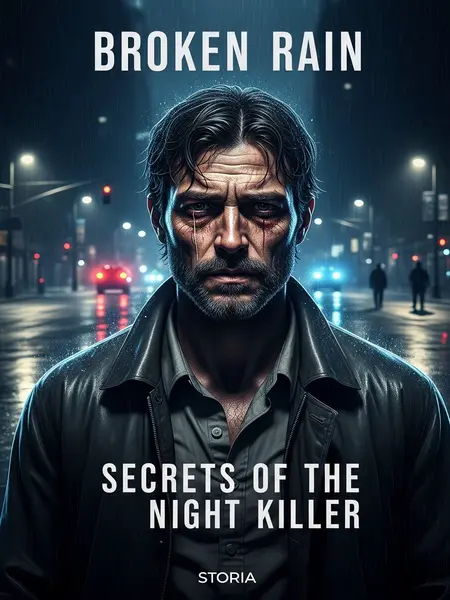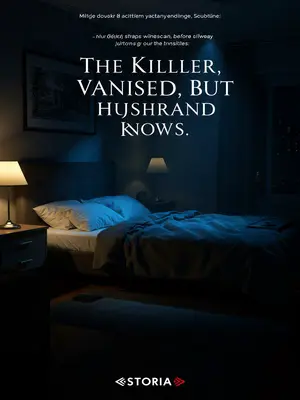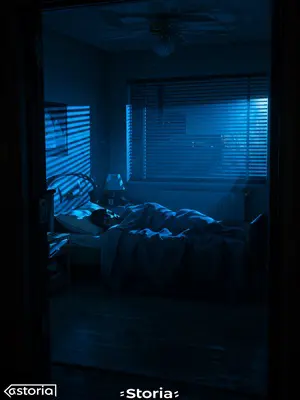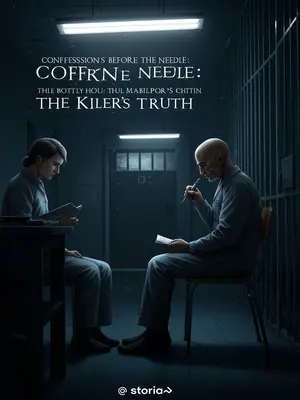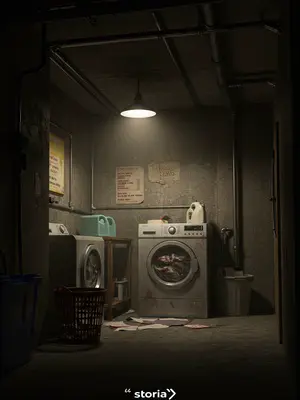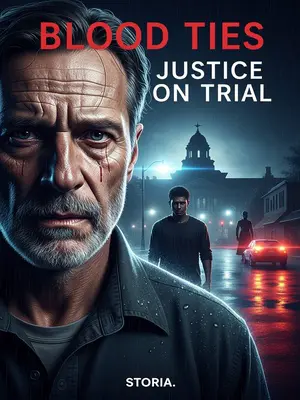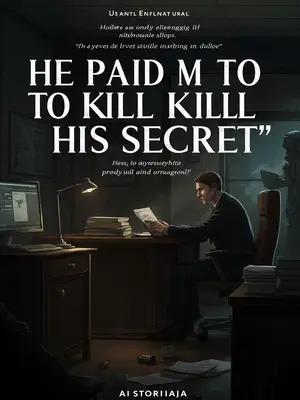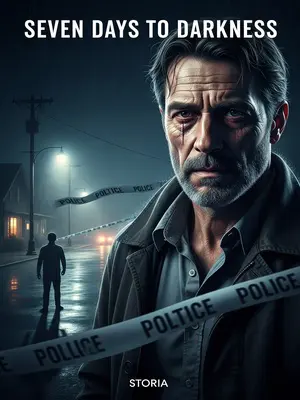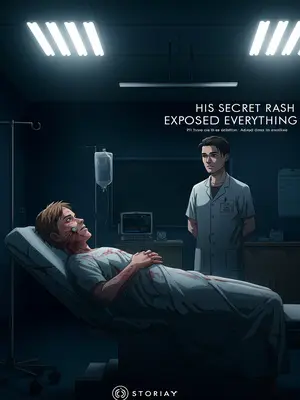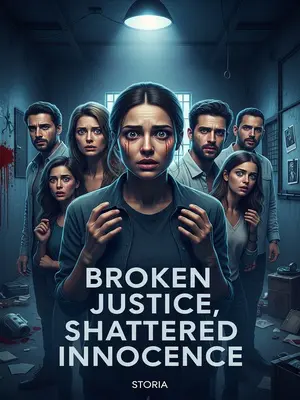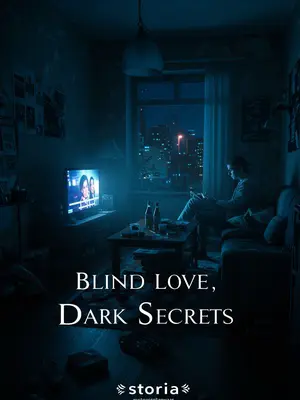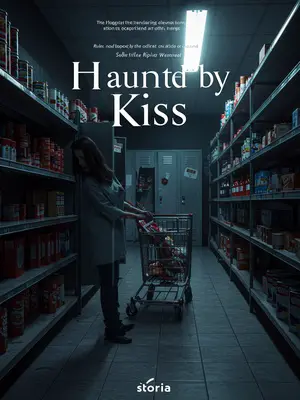Chapter 1: The Letter in the Rain
Actually, I don't have a wife, and I'm not some deranged killer. I'm just... a failed cop.
Sometimes I wonder if that's better or worse. In Maple Heights—failure sticks to you like the humidity after a summer rain. Everybody remembers, and nobody'll let you forget. I still hear the whispers when I pass by the old precinct—the ones that fade when I get too close, the ones that sting worse than any accusation.
Seven years ago, during one of the murders, on a stormy night in Maple Heights, I lost the suspect. After that, it was like the killer disappeared off the face of the earth. I went from being the detective everyone respected to the guy who couldn't even tail a perp without screwing it up.
That night, the thunder felt like it split the town in half. Split it clean. I remember the flash of headlights on wet pavement, my shoes splashing through puddles as I chased a shadow that melted into the darkness. The radios crackled with static and disappointment. My badge felt heavier, every day after.
My mental state tanked. I botched a few more cases in a row, and the department suspended me without pay. The chief told me to see a therapist, hoping I could shake that case off my back. But for seven years, I survived with the help of sleeping pills, to the point I could barely take care of myself.
The pills turned my nights into a blur, a gray smear between insomnia and oblivion. I barely remembered to eat, let alone pay bills. Yeah, I know. My apartment turned into a graveyard for takeout containers and empty bottles of NyQuil. I kept the blinds drawn, the world outside muffled by layers of dust and regret.
I only got off the meds recently. Things started looking up. Then: just when I thought I might finally have my life back, someone slipped a letter under my apartment door. It read: "Three days from now, Old Mill Road. Young woman..."
My heart thudded in my chest when I read it, but I told myself it was a prank. Maple Heights had its share of sickos, sure, but everyone knew I was a burnout. Who’d come to me for anything but a laugh, right?
I told myself it was a joke and tossed it. Everyone knew I was a washed-up cop—what would be the point of coming to me?
Still, that envelope sat in my trash can like a ticking clock. I tried. I kept glancing at it, half-expecting it to crawl back out and haunt me. I tried to ignore it, but on the third night, as the storm rolled in, sleep wouldn't come. The air was thick, restless. There was a metallic smell in the air, like old pennies. It felt like the past was waiting outside my door.
But three nights later, as thunder cracked the sky, memories I'd buried came rushing back: rain, darkness, that old street, a young woman. They felt like chains, and the only way to break free was to solve the case for good.
I pulled on my old raincoat, the one that still smelled faintly of stale coffee and adrenaline, and drove through the downpour. The wipers thumped a nervous rhythm as I headed for Old Mill Road. Each flash of lightning made my hands grip the wheel tighter, the ghosts of that night riding shotgun. White-knuckled.
When I got to Old Mill Road, it was already too late. All that was left was a pool of blood. By the spatter pattern and height, it looked like someone had slashed her carotid. The rain had washed most of it away, so it was impossible to tell exactly when it happened, but it couldn't have been long.
My shoes squelched in the mud as I knelt to look closer. The metallic scent of blood still lingered, mixing with the wet earth and ozone. My breath fogged in the cold air. I could almost see the violence in the way the blood fanned out—a quick, practiced motion. My gut twisted with the old familiar guilt. Still here.
I turned around just as the police rolled up. A breath. A couple of officers tackled me, pinning me to the ground like I was the killer.
Their shouts echoed in the storm. My face pressed into the wet asphalt, hands wrenched behind my back. I didn't even fight—just let them cuff me, rain soaking through my jacket. For a second, I almost wished they'd haul me away for good. Almost.
The next day, they found the young woman's body. She'd been dismembered into dozens of pieces and hung in picture frames. Because the body was preserved in formalin, it was hard to tell when she died. But one thing was clear: every cut screamed left-handed. The note slipped under my door was also written by a lefty.
